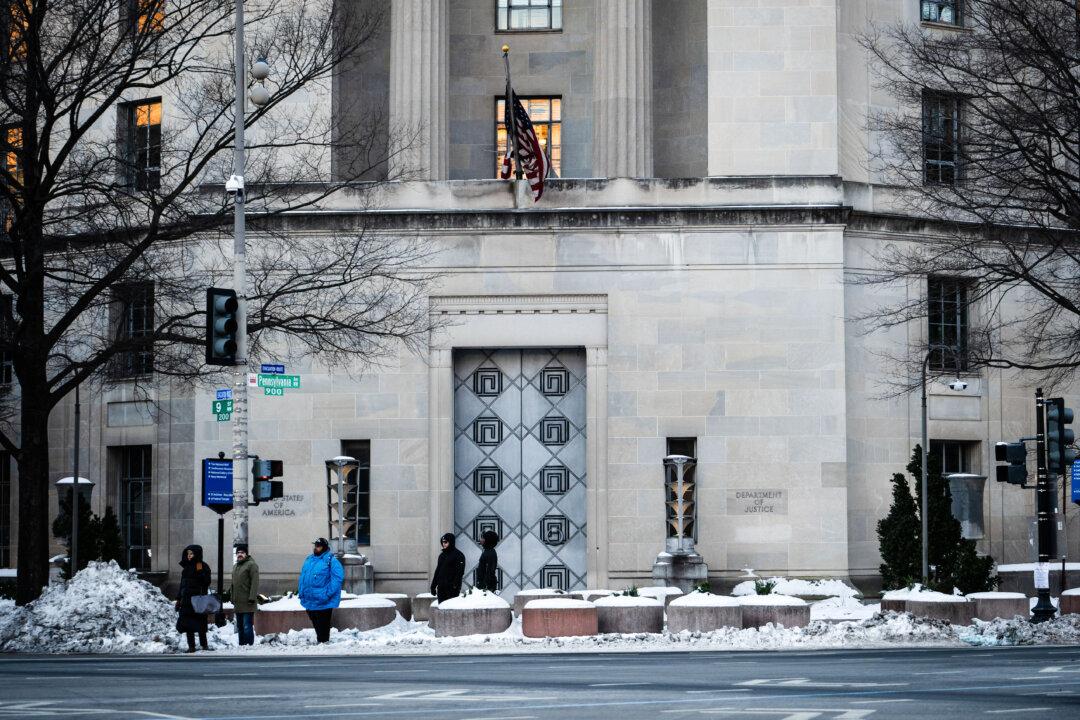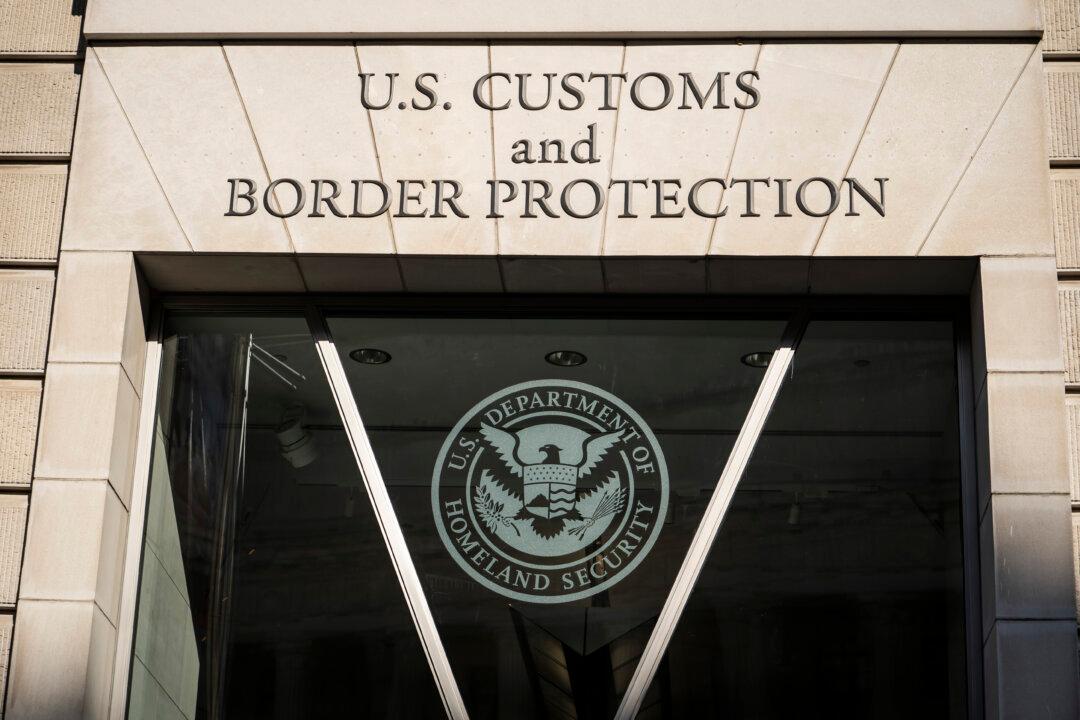China plans to impose a form of its social credit system in Hong Kong, according to recently announced policy guidelines.
In mainland China, authorities monitor citizens’ activities, including online purchases and daily behaviors in public spaces, and assign them a “trustworthiness” score. Local authorities compile “blacklists” of individuals with bad credit scores, who are then banned from public services such as boarding a plane or buying a train ticket.
Parts of the system were rolled out in 2014; it’s set to be implemented across the entirety of China in 2020. Critics have raised concerns that such surveillance could be used by authorities to track political targets or dissidents.
That refers to the Chinese regime’s ambition to build a tech hub in the Pearl River Delta in southern China, integrating nine mainland Chinese cities and the nearby regions of Macau and Hong Kong.
Both regions are former European colonies that have since been returned to Chinese sovereignty under the “one country, two systems” principle—under which Beijing promised a high degree of autonomy and freedoms preserved.
But in Hong Kong, residents have complained that in the past two decades since the city returned to Chinese rule, Beijing’s encroaching influence has affected local politics, education, and freedom of the press. Macau residents have also, in recent years, demanded universal suffrage in their elections for the city’s top official.
The new action plan lists 100 items, placed into nine different categories, such as building modern industries that are competitive internationally; improving living conditions and the business environment; and accelerating the process of opening up “a new front,” a Party slogan referring to economic reforms.
In that category, the social credit system was mentioned. In particular, the Greater Bay Area would “explore the implementation of a rewards and punishment credit system for companies.”
Two Guangdong government agencies will be tasked with making the social credit system possible, as well as the Guangzhou City branch of China’s central bank, the People’s Bank of China. The documents didn’t offer details.
One user with the name “Cloud Ip” wrote: “It is the end of the world.” “Sau Saam” wrote that the “social credit system in China is, in fact, a new slavery system.”
Another user with the name “Ada Lee” quipped: “So you get ten points deducted every time you join a march, and then you cannot even travel overseas.”





